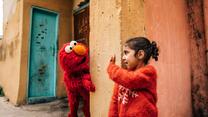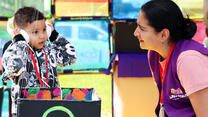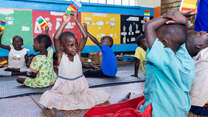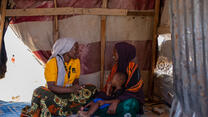The International Rescue Committee (IRC) and Global TIES for Children: Transforming Intervention Effectiveness and Scale at New York University (NYU) evaluated an initiative entitled, “Opportunities for Equitable Access to Quality Basic Education” (OPEQ) to enhance learning opportunities, academic attainment and social-emotional wellbeing for more than 480,000 girls and boys in three eastern provinces of the Democratic Republic of Congo (DRC): Katanga, South Kivu, and North Kivu. This initiative was implemented by the IRC in collaboration with the DRC’s Ministry of Primary and Secondary Education and Initiation to New Citizenship (MEPS-INC), and funded by the United States’ Agency for International Development (USAID).
The evaluation of Learning in a Healing Classroom addresses a number of gaps in the evidence base about how to promote students’ learning outcomes and wellbeing in low-income and conflict-affected contexts. First, to our knowledge, it is the only evaluation of a school-based program in a conflict-affected country to consider the program impact on both academic skills and social-emotional wellbeing. Second, it is also, to the best of our knowledge, the first rigorous test of the impact of a school-based program that infuses social-emotional learning into teacher training and curricular strategies in a conflict-affected country.
The Intervention
The OPEQ initiative consisted of four elements:
- Informing in-service teacher-training policy and systems on the national level;
- Community mobilization and engagement activities, including providing small grants to support school-improvement plans;
- Provision of alternative education and vocational training opportunities for out-of-school youth; and
- An in-service teacher professional development and integrated curricular program.
The evaluation focused on the in-service teacher professional development and integrated curricular program, called “Learning in a Healing Classroom”. The other elements were implemented in all of the participating schools and communities starting in the first year of the program.
The Learning in a Healing Classroom (LHC) intervention consisted of two elements:
- An Integrated Curriculum that incorporates IRC’s approach to social-emotional learning (SEL) into high-quality reading and math curricula; and
- A collaborative professional development system that provides continuous in-service training and coaching for teachers.
The Evaluation
The IRC and NYU conducted a three-year cluster-randomized trial of LHC that experimentally evaluated the effectiveness of this component of the OPEQ initiative compared to a wait-list control group that received all elements of OPEQ except the Learning in a Healing Classroom professional development and curriculum. Evidence from this trial will inform future efforts to improve students’ academic skills and social-emotional well-being in the DRC and other conflict-affected and post-conflict contexts.
This evaluation answers a causal question: Did the LHC intervention change:
- students’ reading and math skills;
- students’ social-emotional well-being, including perceptions of their classrooms as supportive and predictable as well as their mental health and victimization experiences; and
- teachers’ motivation and professional wellbeing?



